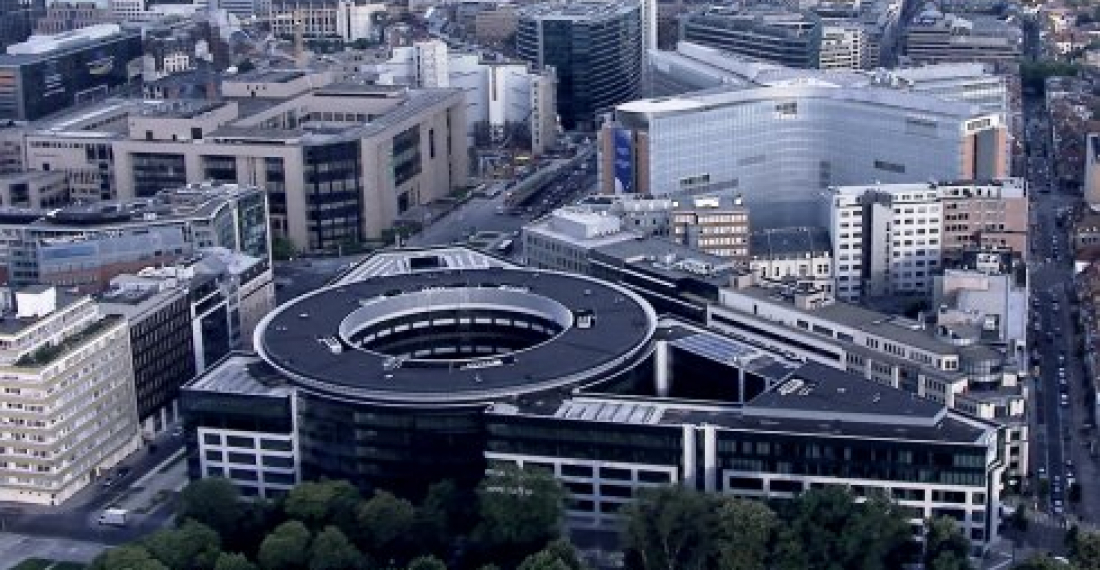The working group seeks to develop the next generation of ideas and measures that may impact positively the process of resolving the conflict, which continues to take a heavy humanitarian, economic and political toll, on Armenians and Azerbaijanis and other nations in the region
The first meeting of the working group on confidence-building measures in the context of the Nagorno-Karabakh conflict, established by LINKS (DAR) in the framework of the European Union initiative EPNK 3, was held in Brussels on 4 and 5 October 2017.
You can read more on the EPNK initiative here
A spokesperson for LINKS (DAR) in Brussels told the web portal commonspace.eu the Brussels meeting was held in a very business-like and constructive atmosphere, and the Armenian and Azerbaijani participants had made valuable contributions to the discussion, and a number of new possible areas of work were now under consideration. The spokesperson added that LINKS (DAR) has been working in support of the Nagorno-Karabakh conflict resolution process led by the OSCE Minsk Group for more than two decades, and the aim of the working group is to bring together many of the past experiences and lessons to develop the next generation of ideas and measures that may impact positively the process of resolving the conflict which continues to take a heavy humanitarian, economic and political toll, on Armenians and Azerbaijanis and other nations in the region.
You can read more on the work of LINKS (DAR) here
The aims of the working group are to explore and study how confidence-building measures (CBMs) can contribute to lasting peace in Nagorno-Karabakh by building trust between Armenians and Azerbaijanis in the conflict area, in the wider region, and globally; to develop ideas and suggestions on different CBMs; to disseminate information on confidence-building measures among stakeholders, including through seminars and presentations in the region, through publications and through new media and social media; to interact with governments, authorities and other stakeholders directly affected by the conflict; to interact with the OSCE Minsk Group and other relevant international organisations on issues related to confidence-building in the context of the Karabakh conflict and conflict resolution process; to help inform the policies of the European Union on the topic; and to implement, if appropriate and feasible confidence building measures with the involvement of Armenians and Azerbaijanis.
You can read more on the OSCE Minsk process here
The meeting in Brussels was attended by the members of the working group: Ahmad Alili (Azerbaijan), Richard Giragosian (Armenia), Ashken Grigorian (Armenia), Benyamin Poghosyan (Armenia), Ramazan Samadov (Azerbaijan) and Zaur Shiriyev (Azerbaijan).
Also present for the Brussels meeting were representatives of the office for the EU Special Representative for the South Caucasus and of the European External Action Service. The meeting was chaired by the Executive Director of LINKS (DAR), Dennis Sammut.
source: commonspace.eu
photo: The European Quarter in Brussels. (archive picture)







